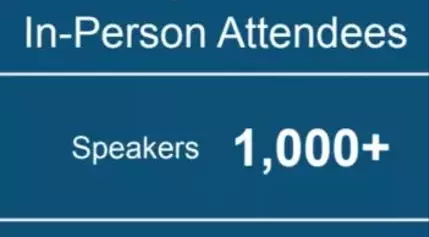Unraveling the Dynamics of Consumer Inflation Views
Inflation Expectations by Party
Consumers' views on inflation show distinct differences based on their political affiliations. As noted by Surveys of Consumers Director Joanne Hsu, Democrats expressed worries that anticipated policy changes, especially tariff hikes, might trigger a resurgence in inflation. On the other hand, Republicans disagreed and believed that the next president would bring about a substantial slowdown in inflation. This division highlights the impact of political perspectives on consumer sentiment regarding inflation.Such differences in expectations can have far-reaching effects on economic decisions and market dynamics. It showcases how political stances can shape consumers' perceptions and actions related to inflation.
Understanding these party-based differences is crucial for policymakers and businesses alike as they navigate the complex terrain of inflation and its implications.
Impact on Durable Goods Buying
This month's data also revealed a significant increase in buying conditions for durable goods. The survey showed that this boost in current economic conditions by more than 20% was not a sign of overall economic strength. Instead, it was primarily due to the perception that purchasing durables now would help buyers avoid future price hikes.This phenomenon indicates that consumers are becoming more cautious and strategic in their purchasing decisions. They are factoring in the potential for inflation when deciding to invest in durable goods.
It also highlights the need for businesses to adapt to these changing consumer behaviors. They need to understand that consumers are not simply driven by immediate needs but are also considering the long-term implications of their purchases in the context of inflation.
Overall Consumer Sentiment Index
The overall consumer sentiment index witnessed a notable pop, rising to a reading of 74 from 71.8 in November. This increase reflects the growing concern and attention that consumers are giving to inflation.The higher sentiment index suggests that consumers are more aware and vigilant about inflationary trends. It indicates that they are actively monitoring economic indicators and adjusting their behaviors accordingly.
This heightened sentiment can have a ripple effect on various sectors of the economy. It may lead to changes in spending patterns, investment decisions, and overall economic stability.




































































































